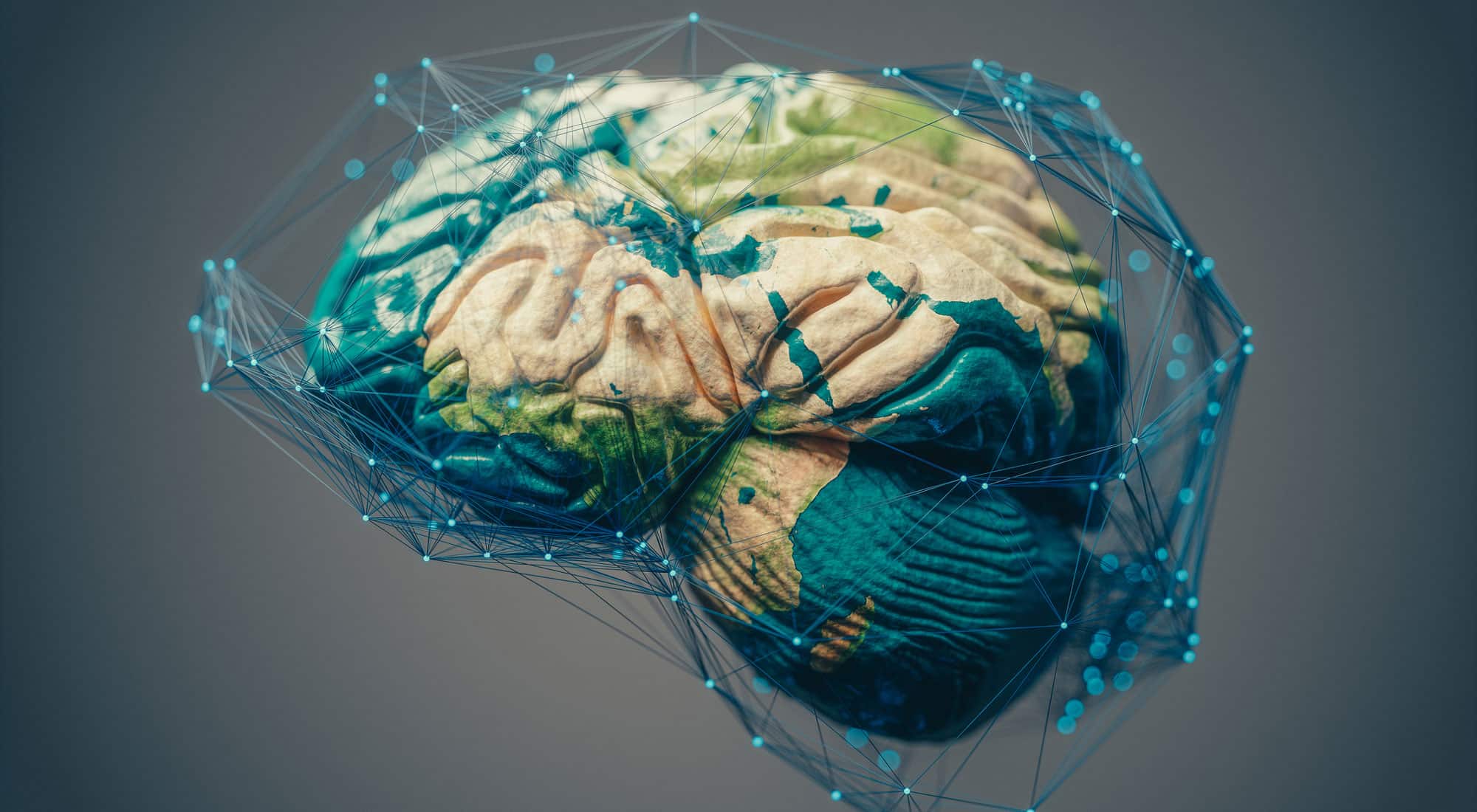

Tag: trauma treatment
-

How to Heal From Complex Trauma: 3 Phases of Recovery
Complex trauma can be a heavy and often misunderstood experience. In this blog post, we’ll help you understand the symptoms and impact of complex trauma and explore the steps to recovery.
-

What Is Brain Mapping, and How Does It Help?
By understanding and training the brain to function more effectively, brain mapping therapy can help individuals find a sense of balance, improve emotional regulation, and support long-term recovery.
-

What is Somatic Therapy and What Are Its Benefits?
While traditional talk therapies can be beneficial in helping people uncover and heal from the trauma that underlies mental health and addiction, recent research has focused on the mind-body connection in relation to trauma. In fact, there is a whole realm of therapy that operates out of the belief that trauma is carried far more…
-

Trauma: When Ancestry Uncovers Family Secrets
In an era where DNA testing has become as simple as mailing in a cheek swab and saliva, many people are discovering more about their personal history and ancestral background. What they learn can be interesting and enlightening; but for some, it can be traumatic. Family secrets are spilling out of DNA kits, and it’s…
-

Relational Trauma Repair
If you’ve experienced relational trauma or suffer from complex post-traumatic stress disorder (cPTSD), treatment for these issues will likely involve a combination of different types of therapies. One particularly beneficial treatment is relational trauma repair, an experiential group therapy that uses specific exercises to teach emotional literacy and self- and co-regulation.
-

The Body’s Reaction to Trauma
The American Psychological Association defines trauma as “an emotional response to a terrible event like an accident, rape, or natural disaster.” And while trauma is absolutely an emotional response, it is also inherently and powerfully physical. In fact, the physical response is often the very first response we have to trauma. Before our minds even…
-

The Impact of Little “t” Traumas
Trauma is usually talked about in terms of big, life-altering events: the sudden death of a loved one, a natural disaster, a violent assault. In reality, trauma comes in all shapes and sizes, and while these big events are indeed traumatic, little events can be traumatic, too.
-

Neurofeedback: Tapping Into Our Brain’s Power
By Anna McKenzie Do you get stressed out easily? Sometimes this stress is due to chronic psychological conditions: Mental health disorders like depression and anxiety have become much more prevalent in America. According to the National Alliance on Mental Illness (NAMI), one in five adults in the United States struggled with serious mental illness in…
-

Sand Tray Therapy: What Is It and How Does It Work?
By Anna McKenzie Most of us haven’t played in a sandbox in years, and while we might jokingly refer to a vacation at the beach as “sand therapy,” neither of these activities are officially “therapeutic.” Sand can play a role in treatment, though, in the form of Sand Tray Therapy. Like art therapy, Sand Tray…
-

Trauma’s Rising Public Profile
By Wesley Gallagher Trauma—it’s a big word with many connotations. Terms like post-traumatic stress disorder (PTSD) have entered the American lexicon, tied to news of terrorist attacks or stories of combat soldiers. But trauma is something that is experienced in big and small ways by people in all circumstances (no war zone required). The media…
-

The Many Masks of Unresolved Grief
Unresolved grief hides behind masks like anger or withdrawal. Discover how to identify these signs and begin healing through understanding.
-

How Psychodrama Heals Trauma
Learn how psychodrama therapy helps heal trauma by exploring emotions and experiences in a safe, supportive environment.